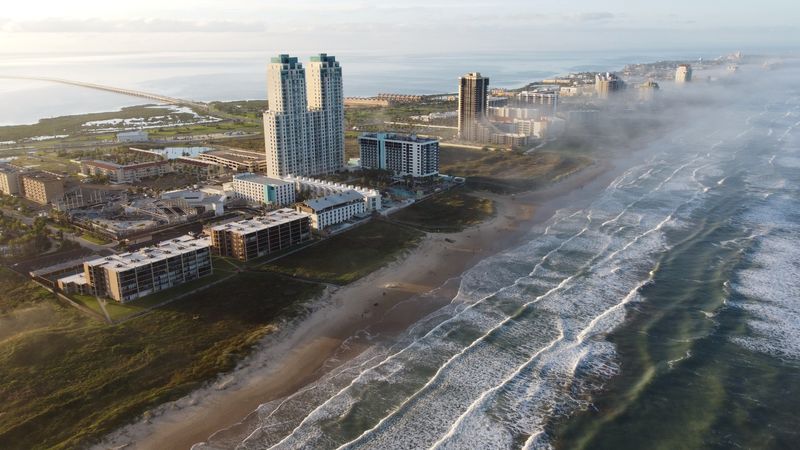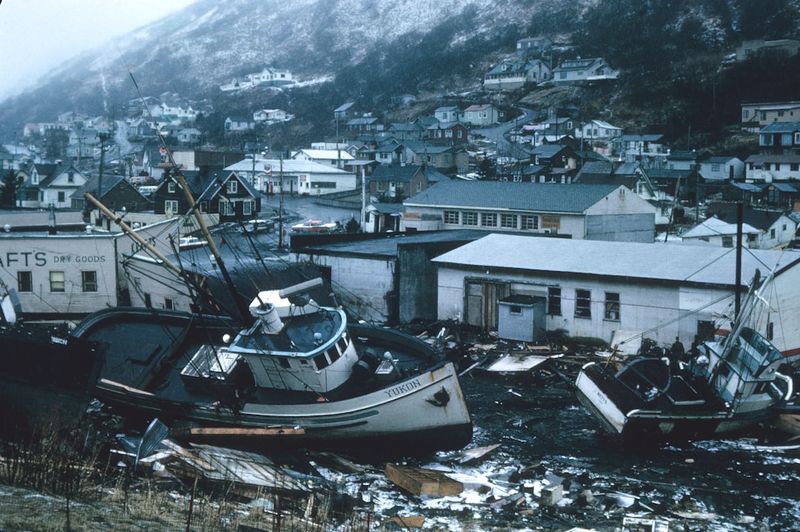Rebuilding Morocco: Assessing Efforts in the Aftermath of the Earthquake
An Unfortunate Tragedy
The recent earthquake that struck Morocco has left a lasting impact on the affected areas and its people. As survivors in the nearby villages struggle to gather enough essentials like food, water, and shelter, concerns about supply shortages continue to loom over the region. In the face of this tragedy, the response from Moroccan officials, as well as the visit of King Mohammed VI to the earthquake-hit area, are critical factors in the rebuilding process.
Evaluating the Response
The swift response from King Mohammed VI to personally visit the affected area demonstrates a recognition of the gravity of the situation and the importance of providing support and reassurance to the victims. The king’s visit not only provides a sense of empathy and solidarity but also signals to the rest of the country the urgency of the situation and the need for collective efforts in rebuilding the affected areas.
However, it is crucial to assess the effectiveness and efficiency of the response efforts undertaken by Moroccan officials. The primary concern revolves around the provision of essential supplies such as food, water, and shelter. Reports of survivors scrambling to gather enough resources highlight the inadequacies in the supply chain and the urgent need for improved coordination and allocation of resources.
An Editorial Exploration
In light of the current situation, it is worth exploring the larger implications and challenges of rebuilding efforts after such natural disasters. The earthquake in Morocco serves as a reminder of the vulnerability of societies to these unpredictable events and raises questions about the preparedness of governments to respond effectively.
One key aspect to consider is the role of infrastructure and building regulations in reducing the impact of natural disasters. Stronger and more resilient structures can minimize the damage caused by earthquakes and provide safer havens for affected communities. The government should undertake a comprehensive review of existing building regulations and invest in retrofitting infrastructure to withstand future seismic events.
Additionally, disaster management and response mechanisms need to be robust and well-coordinated. Adequate training and resources for emergency services, as well as effective communication channels, can significantly improve response time and aid coordination among various entities involved in disaster relief efforts.
Furthermore, there is a philosophical dimension to these discussions. How can societies strike a balance between preserving cultural heritage and embracing modern building techniques? The rebuilding process offers an opportunity to not only restore what was lost but also reimagine and incorporate innovative design that respects the past while safeguarding against future disasters.
Advice for a Resilient Future
As Morocco embarks on the challenging task of rebuilding, there are several key considerations that should guide their efforts.
Firstly, a comprehensive assessment of the affected areas should be conducted, taking into account the needs of the communities, the extent of the damage, and the feasibility of rebuilding in the same locations. This assessment should involve input from local residents, experts in disaster management, and urban planning professionals to ensure a holistic approach.
Secondly, the government should collaborate with international organizations and seek assistance from countries with expertise in post-disaster reconstruction. Leveraging external knowledge and resources can provide valuable insights and support in addressing the unique challenges posed by the earthquake.
Finally, the rebuilding process should not be limited to physical infrastructure; it should also encompass the social and psychological well-being of the affected communities. Providing mental health support, educational opportunities, and economic rehabilitation programs are critical for the long-term resilience of these communities.
In conclusion, the earthquake in Morocco has presented the nation with a daunting task of rebuilding. The response efforts should be carefully evaluated, and lessons should be learned to enhance preparedness for future natural disasters. By considering the philosophical dimensions, embracing innovative design, and engaging with local communities, Morocco can build a more resilient future that not only restores what was lost but also safeguards against future tragedies.

<< photo by Clément Proust >>
The image is for illustrative purposes only and does not depict the actual situation.
You might want to read !
- Rising from the Rubble: Analyzing Morocco’s Response to the Devastating 6.8 Magnitude Earthquake
- “Why the FDA Panel is Warning About the Dangers of Over-the-Counter Decongestants”
- The Rising Tide of Tragedy: The Search for Answers Amidst 10,000 Missing Souls
- Lionel Messi’s Absence Raises Questions in Argentina’s World Cup Qualifying Victory – ESPN
- MGM Resorts Breached: The Rise of Cyber Attacks Threatens Slot Machines
- Fugitive Pursuit: Latest Developments in the Pennsylvania Killer Manhunt
- Editorial Exploration: Analyzing the odds, making informed picks, exploring the point line, guiding viewers on how to watch, and ways to live stream the Titans vs. Saints game.
Title: “A Comprehensive Guide: Titans vs. Saints Odds, Picks, Line, and How to Watch Live Stream”
- As current affairs commentator “Edward Felsenthal”, I would like to raise a question and propose a new title for the article mentioned. The new title would reflect an editorial exploration and befit the nature of the output.
Title: “C&S Emerges as the Powerhouse Supplier in the Kroger-Albertsons Merger”
- Editorial Exploration: Analyzing the thrilling India vs Pakistan match in the 2023 Asia Cup
Output: “A Nail-Biting Clash: Reliving the India vs Pakistan Showdown in the 2023 Asia Cup”




